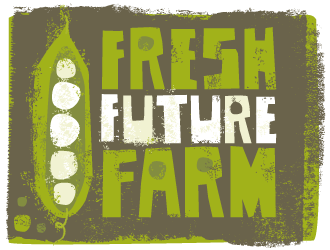Farming & Activism
Farmer Adrian holds two handfuls of rich dirt
In light of the current discussion about whether we should uproot almost fifty years of women’s rights efforts (Roe v. Wade in 1973 was the court case where the Supreme Court decided that people with functioning uteruses had a right to abort their pregnancy before a certain time period), let’s talk about where farmers fit when it comes to activism.
For Black and brown farmers, farming and activism are best buds. From brutal working conditions to unfair wages, the farming industry has abused its employees, especially BIPOC folks. The capitalistic system we all live in has no issue with this mistreatment because wealthy landowners and “Big Business Farms” profit from exploitation. This leaves it up to Black and brown folks to advocate for themselves through activism. The Permanent Culture Now blog defines activism as simply taking action to effect change through social, political, economic, or environmental change.
One example is the fight to end food apartheid. Farms and farm-related organizations across the nation are actively working to make food accessible for Black and Brown folks that live in areas where the closest grocery store is at least 1 mile away. These folks experience food apartheid, a system of segregation that divides those with access to an abundance of nutritious food and those who have been denied that access due to systemic injustice. Through mobile grocery stores, neighborhood stores, urban farms, grocery delivery programs, and cooperative grocery stores, farm activists are disrupting the system of segregation and replacing it with a supportive network of community members.
These same tactics could be applied to other areas where there is a racialized difference in the availability of necessary services/goods. Think of housing, healthcare, fair pay, etc. Imagine the role that farmers could have and are having in effecting change to positively benefit the community. You are more powerful than you think. Farmers, specifically, hold the foundational building block for a thriving society — food. We should work with farmers to design solutions that make this world a safe and just place to live!


